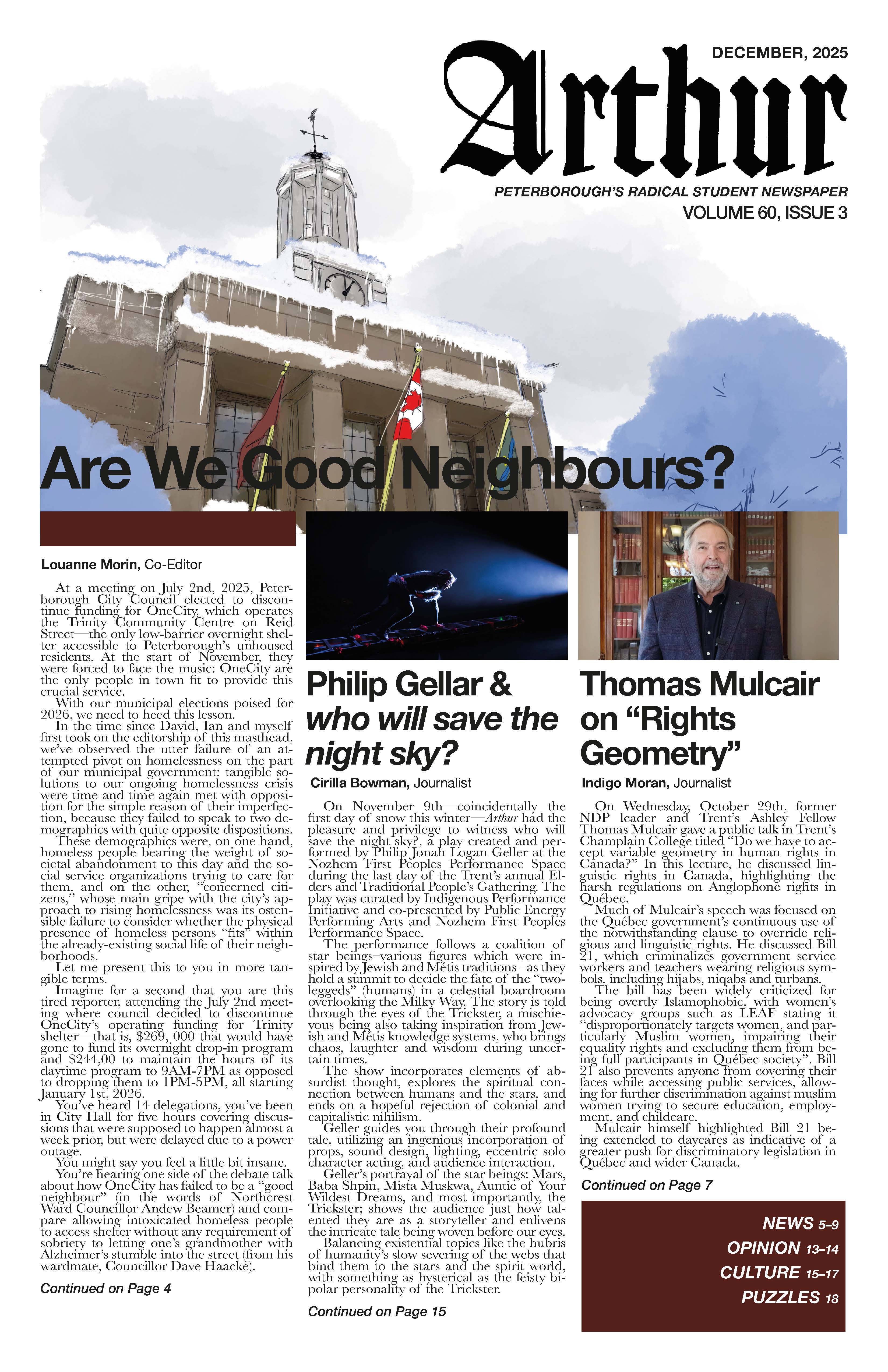March 2020 felt like this strange pandemic hobby-festival. We dusted off dormant projects and habits we had picked up previously, and even tried out some new ones. For me this was a combination of sourdough-bread baking, kombucha brewing, jogging, and video games. Only one of these coping methods really stuck, however, and it turned out to be an old one. Video games have always been a place of solace for me and in the tumult of the pandemic I replayed old ones like Team Fortress 2 and Dark Souls 3, and tried new ones like Risk of Rain 2 and Animal Crossing New Leaf. Games were a great way for me to jump headfirst into another world without a global pandemic, but it wasn’t until December of this past year that I stumbled upon something completely new to me which demanded my attention.
Like a lot of people this past year, I watched the Netflix series called The Queen’s Gambit and found myself entranced; I was completely fixated on the complexities of a game I knew nothing about. My only previous experience with chess was randomly playing moves against family members and friends who wiped the board with me. After my partner, Amy, managed to head home to Newfoundland for the Christmas break, I was left home alone to binge chess everyday for a month. I watched opening theory videos, commentary on famous historical chess matches, and played hundreds of puzzles and games on Chess.com. I was hooked, spending upwards of 7 hours a day waking up, eating along to, and falling asleep to chess. Seven months later I’ve now completed 3400 puzzles, 250 games, and countless hours on every corner of “chess youtube.”
This new fascination is so strange to talk about. I’ve dumped hundreds and even thousands of hours into stranger things, but this feels different. It’s hard to describe the grasp that chess has on me, almost like it scratches an itch that I never knew was there. The feeling of gradual improvement after continually pouring an excessive amount of effort and energy into it is like no other. Chess rewards my indulgence when I am able to make and anticipate higher-level threats and tactics against my opponents, and see beyond what’s presented to me on the board. While I was once overwhelmed with the incomprehensible amount of choices I could make throughout a game, I now find myself recognizing familiar attacking patterns, tricky gambits, and solid defensive moves. To put it one way, it feels like I’m beginning to “speak chess” to myself while playing.
You’d think that after 7 months of consistently playing and thinking about chess that I would be halfway decent at it, but frankly I’m quite terrible. Becoming a chess master takes, on average, eleven years of studying, playing, and analyzing games 20 hours a week. As it turns out, playing chess is a skill that you can’t master overnight, and between beginning to play and becoming a master, chess learners make literally thousands of mistakes. More mistakes than you’ll be able to keep track of.
The fear of making these “blunders” was the primary reason why chess had been so intimidating to me. Like a lot of people, surely, I try to avoid the embarrassment of being wrong or feeling like I’ve failed at something at all cost (often to the point where it becomes detrimental). It’s a terrible feeling that occurs in every facet of our lives; school, work, relationships, art projects, cooking, and it makes sense that we all try to avoid it. What I came to realize and reflect upon this past year, however, is that it’s not worth trying to avoid failure.
Playing chess, specifically playing chess poorly, has helped me reflect on this paralyzing fear of failure I have. In order to improve and keep playing, I had to change the way I thought about making mistakes. After you play a match, whether you win or lose, you can take a second look at the completed game. Usually assisted by a chess computer, the moves you make from turn to turn can be evaluated based on your pieces and position. During this post-analysis, you can see where your attacking ideas flopped or where you missed a key move to avoid being checkmated. The beauty of this process is found in the “ohhhhhhhhh” moments, when you see “I could’ve done this!” or even “Wow, how could I have not seen that?”
These intoxicating epiphanies and genuine experiences of improvement will only happen if you play the game in the first place. If you’re too scared of looking daft, blundering all your pieces, and never playing the moves in the first place, you simply won’t get better. You aren’t going to get better at chess by only making perfect moves. You can’t! You are destined to fail, and it’s wonderful.
When framed in this way, trying to do something is the first step to failure. Once I accepted this in chess, I began to understand that failure is a gift in other aspects of my life, as well. Relationships, work, and school are all projects and passions strung together with these mistakes. Those same mistakes provide me with the opportunity to see what has gone awry, what led up to that moment, and what I could do better next time. This pandemic has taken a lot away from me but has given me the gift of chess, and chess has given me the gift of failure.
Special thanks to Trent philosophy professor, Micheal Hickson for sharing his thoughts on this shared obsession!


.png)


.jpg)


.jpeg)



.jpg)


.jpg)



%20(13).png)




.png)